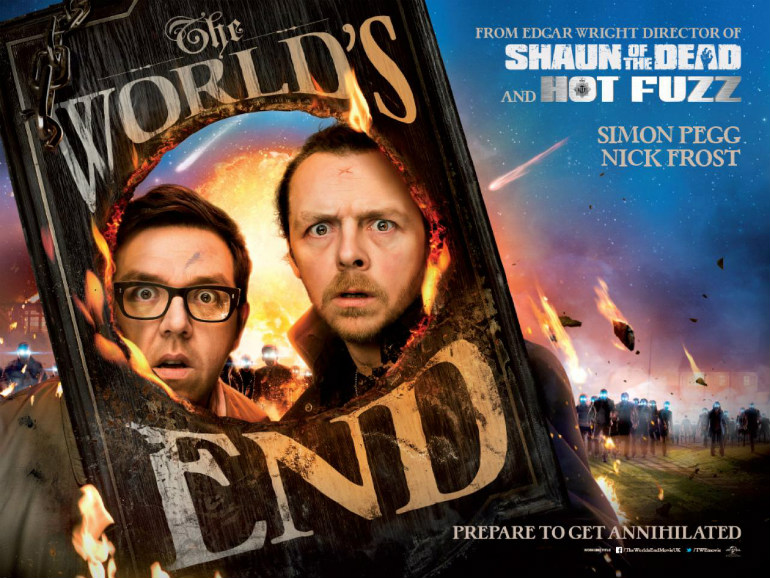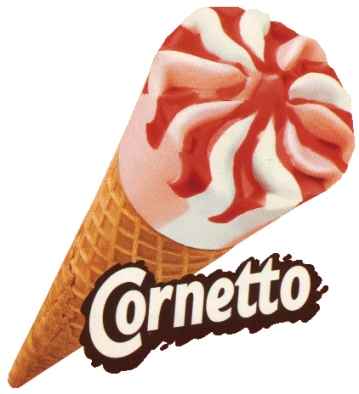A recent post on Reddit's board game subreddit got me thinking about how often my personal taste conflicts with the average ratings on Boardgamegeek.com. I've been playing hobby games with a few of the core members of my group for over thirty years. Being grey beards, we tend to be resistant to “the cult of the new” and the “best-game-of-all-time-of-the-year” trends that drive ratings so powerfully on BGG. We like what we like, and we don't feel bad about liking it. At some point I'm going to write an article challenging the accepted truism that game design has evolved and new hobby games are objectively better than early hobby games, but that time isn't now. What I thought I would do is discuss a bunch of games that are outside the BGG top 1000 that I think are under-appreciated. Hopefully, it will introduce you guys to some games that you hadn't stumbled across before. If you do know the games, it will at least give you more information to decide how to process my reviews of new games in the future. I thought I'd start with "fillers" or games that can be taught and played in less than an hour. Here we go.
 Dragon's Gold (BGG #1017): This Bruno Faidutti design has seen heavy play in our group since it was release in 2001. It was the first D&D-lite card game that I ever played, and I think it is vastly superior to the much more popular Munchkin. In Dragon's Gold, each player controls a party of four adventurers who are all trying to slay the same line up of dragons. When a dragon is slain, players with heroes involved in the battle must negotiate to split up the treasure while a timer ticks away. The forced negotiation and tension from the timer makes for a lot of fun.
Dragon's Gold (BGG #1017): This Bruno Faidutti design has seen heavy play in our group since it was release in 2001. It was the first D&D-lite card game that I ever played, and I think it is vastly superior to the much more popular Munchkin. In Dragon's Gold, each player controls a party of four adventurers who are all trying to slay the same line up of dragons. When a dragon is slain, players with heroes involved in the battle must negotiate to split up the treasure while a timer ticks away. The forced negotiation and tension from the timer makes for a lot of fun.
Cloud 9 (1999, #1100). I've always been a fan of the push-your-luck genre, and Cloud 9 is one of the best. Players are passengers on a hot air balloon. A player rolls dice that show colors that must be matched out of the player's hand. Players then have to opportunity to jump from the balloon if they think the player might not be able to match the colors or risk crashing and stay in as the balloon moves to the next (higher-scoring) spot on the board. It is admittedly super-simple, but it is easy to teach and I don't think I've ever taught it to a table that didn't like it. The feeling generated when all of the other players jump and I am able to guide the balloon to a top score is one of my favorite gaming moments. By the way, I own the excellent Out of the Box Publishing version of the game, but if anyone wants to trade me a copy of the F.X. Schmid original, feel free to check out my trade list at BGG (tolendante).
Nuclear War (1966, #1521). Users of the Geek think there are 1500 games that are more fun than Nuclear War. There are members of my group who would say there aren't ten. I don't rate it quite that highly because of the insane randomness you get when you mix random card draw with programmed instruction. I've had too many games where I just couldn't get rockets to deliver payloads with or payloads big enough to fill larger rockets. The game definitely has a mind of its own some games, but, when it gets going, no game provides more laughs along with its dark political commentary. The rule that allows defeated nations to launch all their remaining munitions at another country (which often ends with all players losing the game), is funny and satisfying every time it happens. My motto for the game is “the only thing better than winning Nuclear War is watching everyone lose it.”
that highly because of the insane randomness you get when you mix random card draw with programmed instruction. I've had too many games where I just couldn't get rockets to deliver payloads with or payloads big enough to fill larger rockets. The game definitely has a mind of its own some games, but, when it gets going, no game provides more laughs along with its dark political commentary. The rule that allows defeated nations to launch all their remaining munitions at another country (which often ends with all players losing the game), is funny and satisfying every time it happens. My motto for the game is “the only thing better than winning Nuclear War is watching everyone lose it.”
Cheapass Games Two-fer. While scrolling through the ratings, I noticed a bunch of Cheapass Games that I enjoy, but just two I felt the need to write about on their own. In general, I think James Ernest is underrated on the Geek as a game designer. Here are two of his best: Light Speed (2003, #1395) is a great real-time spaceship combat game co-designed by Ernest and the legendary Tom Jolly. The only knock on the game is it takes longer to score than it does to play, but since six minutes will be enough time to do both, I don't imagine it should be much of an issue. The Big Idea (2000, #1600) is a great party game that we have only recently replaced with the glossier and less fiddly Snake Oil from Out of the Box. The economics engine in The Big Idea makes it a little too gamerly for a party game, but the potential products are more hilarious ad irreverent than those in the Snake Oil box.
 Filthy Rich (1998, #1700). I've written about this Richard Garfield design before. Played in a three-ring binder, this advertising game is a great combination of luck and strategy. I almost can understand the low ratings on this one because about one of every four games we have played of this goes off the rails because of too many taxation rolls. If someone got that experience in his or her first game, I doubt they would bother to play it again. That would be a terrible loss though because the novelty of placing billboards into the binder in a way that maximizes their exposure while it obscures the ads of your opponents is interesting and unique.
Filthy Rich (1998, #1700). I've written about this Richard Garfield design before. Played in a three-ring binder, this advertising game is a great combination of luck and strategy. I almost can understand the low ratings on this one because about one of every four games we have played of this goes off the rails because of too many taxation rolls. If someone got that experience in his or her first game, I doubt they would bother to play it again. That would be a terrible loss though because the novelty of placing billboards into the binder in a way that maximizes their exposure while it obscures the ads of your opponents is interesting and unique.
Africa (2001, #2261). This isn't the biggest difference between what I rate a game and what the Geek users do (that would be one of my former top 10 games, Borderlands, which I rate a 10 and the Geek rates less than 6), but it is the game whose low rating surprises me the most. Maybe it is simply the fact that designer Reiner Knizia has fallen out of favor with the Geeks because of his failure to continue to make “gamer” games. The Geeks are a fickle, entitled, and petty lot (and I say that with much love). One only has to be aware of the Great Games Workshop Downvoting Conspiracy to know that. Otherwise, I have no idea what there is to dislike about this exploration and set collection game. Both the exploration and the set collection are at their most pure and uncluttered. The game looks beautiful when set up, and, at forty-five minutes, it is the perfect opener to a night of hobby gaming.
I will stop there for now. There are dozens of other games I could mention here, but I will save them for a follow up. If there is a point to this exercise, it is this: there are games you may really love that are outside the hobby gaming mainstream. Often these games can be found very cheaply, making the bang-for-buck ratio very appealing. Next time I will focus on meaty "gamer" games. Let me know in the comments what games your group loves that are currently out-of-favor on the Geek and elsewhere.
 Wednesday, October 16, 2013 at 01:31PM
Wednesday, October 16, 2013 at 01:31PM 









